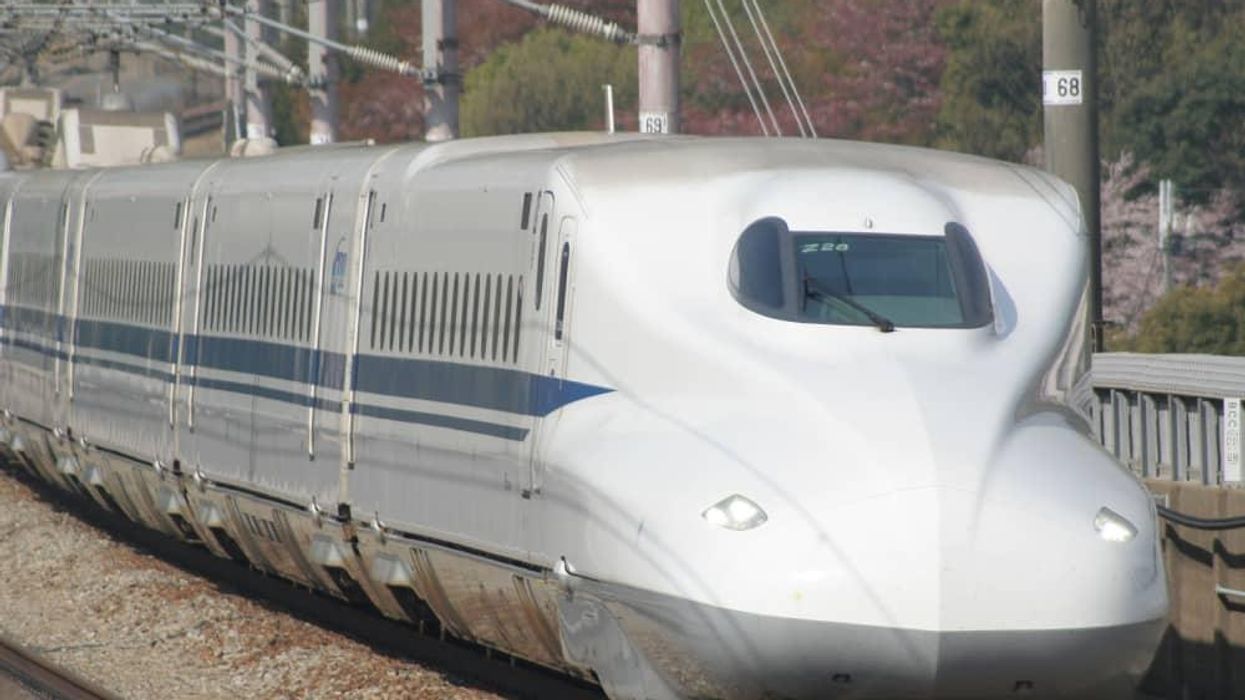Rail Revelations
High-speed bullet train between Dallas and Houston is closer than ever
The federal government is partnering with the Texas Department of Transportation and a private rail company to assess the impact of long-discussed high-speed train lines between Dallas and Houston.
U.S. Department of Transportation Secretary Anthony Foxx confirmed for the Texas Tribune that two environment studies will move full steam ahead in 2014. One analysis sponsored by TxDOT examines a traditional rail line between Dallas and Fort Worth; the other privately funded analysis looks to a potential bullet train route between Big D and Houston.
One proposed rail project would reduce Dallas-Houston travel times to a mere 90 minutes.
"I can't speak to whether there will be roadblocks or anything down the road," Foxx said. "But what I can tell you is I'm delighted to be part of helping get this first step underway. ... It's a big deal for Texas."
Texas Central High-Speed Railway — a for-profit firm based in Dallas and Washington, D.C. — will work with the Federal Railroad Administration to study the company's plans for a DFW-Houston line, the details of which are expected later this year.
In August 2012, Texas Central proposed a rail project that would reduce Dallas-Houston travel times to a mere 90 minutes with bullet trains speeding at 205 mph. The company would raise roughly $10 billion in private capital to fund the line, which it says it could have up and running in just eight years.
Although Texas Central appears to be planning a route along existing north-south freight lines, researchers from the University of Texas at Arlington are exploring another high-speed rail option along the state's highway system.
A UTA study released in November recommends further detailed investigation into four corridors — I-45 from Houston to Dallas, I-20 between Dallas and Fort Worth, I-35 from DFW to Laredo (though San Antonio and Austin), and Route 6 from Houston to Waco (through College Station).
The Fort Worth Star-Telegram reports that the UT plan looks to so-called Maglev technology that propels trains with magnets rather than wheels. Texas Central, on the other hand, would partner with noted rail firm JR Central to build a route designed for steel-wheeled N700 bullet train, a model widely in use across Japan.

